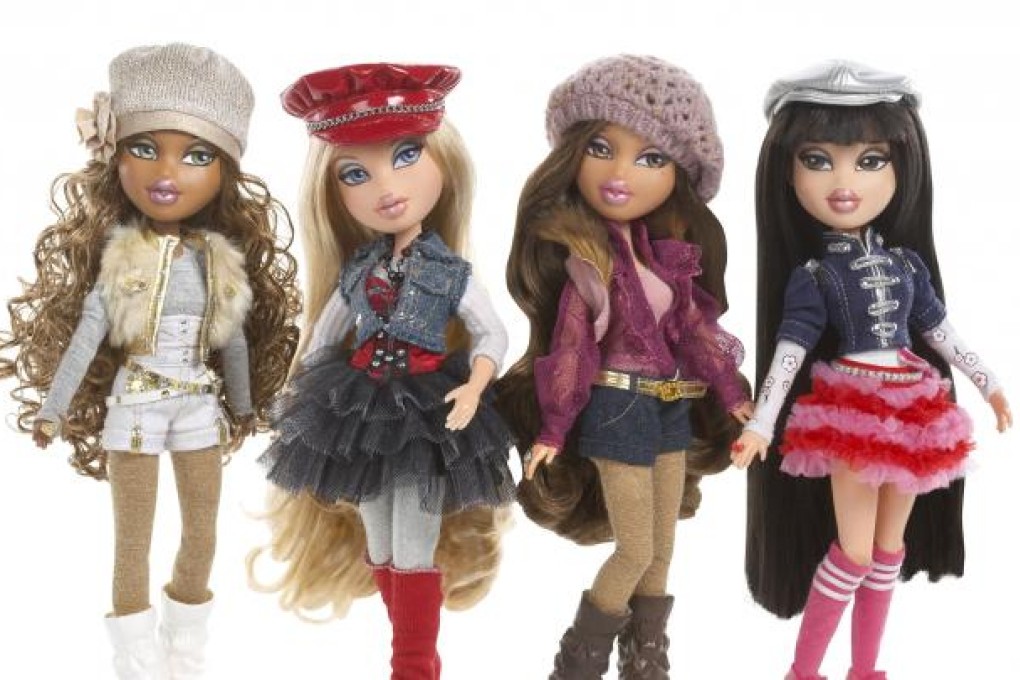Mattel returns to appeals panel that threw out Bratz verdict

Mattel is asking the same appeals court panel that two years ago concluded the Barbie doll would thrive on competition to now reverse a US$310 million jury verdict won by Bratz doll maker MGA Entertainment.
Mattel is scheduled to present its case on Monday before the three-judge US Court of Appeals panel that undid Mattel’s earlier trial victory giving the company almost complete ownership of its rival’s Bratz dolls.
The panel ruled then that the world’s largest toymaker couldn’t claim a monopoly “over fashion dolls with a bratty look or attitude.”
This time, Mattel no longer argues, after two trials and more than eight years of litigation, that MGA infringes its copyright because the first Bratz sketches were made by a Mattel designer. Mattel now contends the “jaw-dropping” US$137.2 million in legal fees it was ordered to pay MGA for having to defend the copyright claim is unjustified.
“Mattel knows of no copyright fee and cost award that was similarly shifted on a claim that had been successful before one jury, had resulted in substantial relief from a federal district judge, and was remanded by a court of appeals before being unsuccessful before a second jury,” the company said in its February 27 appeal.
“Nor is Mattel aware of any copyright fee and cost award of similar magnitude.”
In 2010, the appeals court panel said that, even if Mattel were to convince a jury that it owned the original Bratz sketches made by its former employee, Carter Bryant, it would only entitle it to ownership of that particular expression of the bratty-doll type, not to the idea itself. That decision overturned a US$100 million jury verdict.